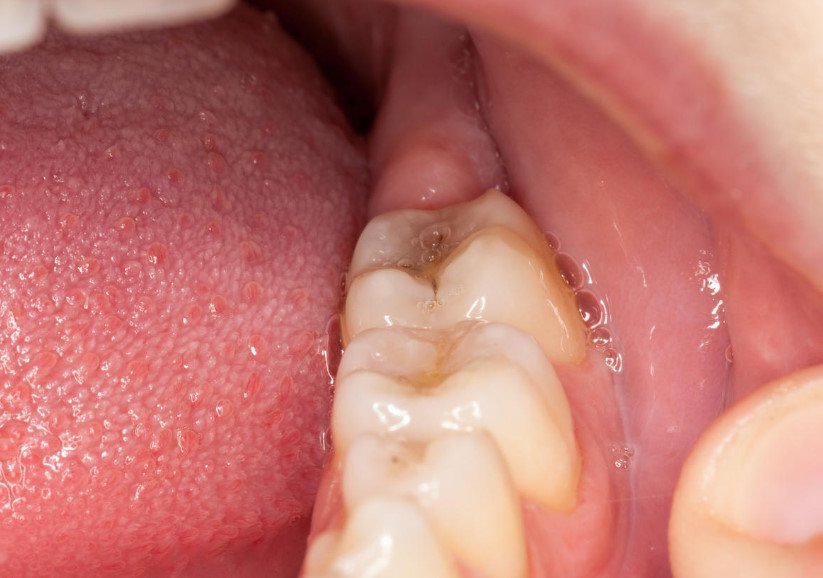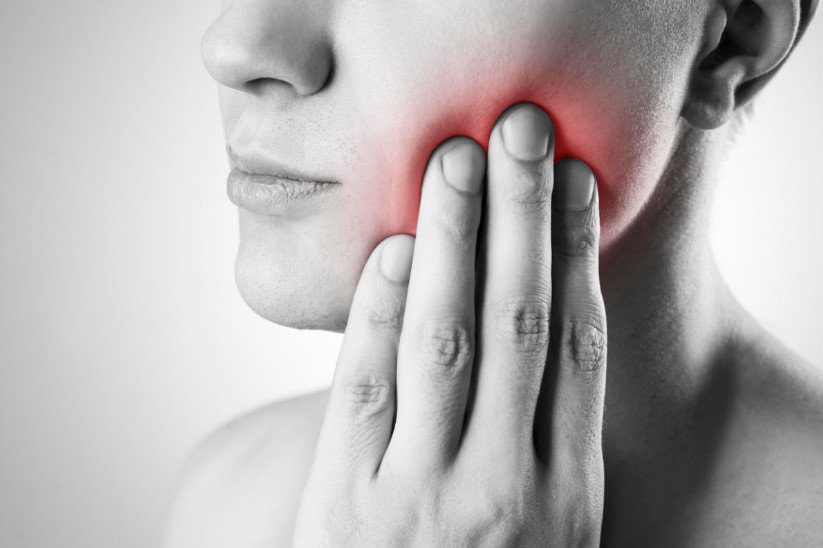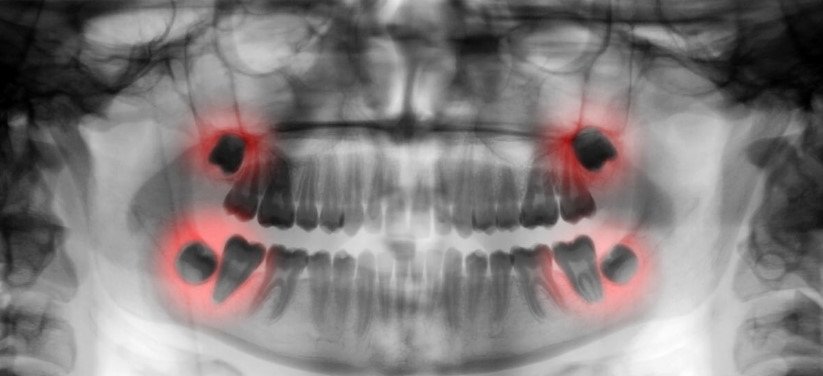There is not a single person who has not suffered from toothache at least once. And you may agree: an accidentally cut finger or a severe bruise often causes less discomfort than a bad tooth.
Toothache is particularly unpleasant away from the city — in rural areas, where professional dental care is sometimes unavailable. Therefore, we will talk about what causes toothache and how to deal with it.
Why do we have a toothache
The cause of the pain is irritation of the pulp of the tooth and the dental nerve; it can be of different nature, appearing during the day or at night. Sometimes it is also episodic-for example, after a hot or cold meal.
The occurrence of toothache leads to:
- caries;
- pulpitis;
- cleavage or defect of tooth enamel;
- periodontitis;
- hypersensitivity of the teeth;
- abnormal growth of the wisdom tooth.
Toothache in deep caries
How often we neglect the services of the dentist, seeing a dark spot on the tooth… and it is caries that is the main cause of toothache, although in the initial stages it does not cause a person almost any problems, except for aesthetic ones.
Over time, a small spot grows and penetrates deeper into the tooth tissue. And the deeper the caries penetrates, the stronger and longer the pain will be.

If you have a tooth affected by caries, pain may occur when brushing your teeth, when eating hot or cold food or drinks. But as soon as the cause of the irritation is eliminated, the pain goes away, because in such cases it signals that you need help.
Remember! If you have tooth decay, it can enter the pulp of the tooth, with a high probability of complications, the main of which is pulpitis.
What is pulpitis and how to deal with it
Pulpitis is a disease in which the “living” part of the tooth is affected. Pain in pulpitis occurs both under the influence of external factors, and spontaneously. Especially often, spontaneous pain occurs at night, it is difficult to stop it, but closer to the morning it passes by itself.
When pulpitis only develops, the pain attack is easily removed by painkillers. But over time, the effect of the pills will weaken. Pain when the pulp:
- constant;
- pulsating;
- localizable;
- spilled;
- it hurts;
- sharp.
At the first sign of pulpitis, you should contact your dentist as soon as possible. Otherwise, the disease can go into a chronic stage or get a complication-periodontitis.
How periodontitis manifests itself
The periodontium (the complex of tissues surrounding the tooth) has several different functional purposes; one of them is the cushioning and distribution of the pressure exerted on the tooth. Therefore, the nature of pain in periodontitis is very specific.

The patient has a feeling of imaginary enlargement or elongation of the tooth and a constant throbbing pain, which increases when pressing on the tooth and can have a spilled character, covering most of the face. After a few days, it may subside slightly-this decrease is associated with the release of accumulated pus through the root canal.
If the disease is not treated, it goes into a chronic stage with frequent relapses. In addition to the toothache, the patient has an increased body temperature, hyperemia (redness due to increased blood flow) and soreness of the gums around the affected tooth.
Periostitis of the jaw, known as flux
Periostitis of the jaw is a terrible name for the disease, familiar to most. Usually people call it a flow. This disease is characterized by an extremely sensitive and painful seal in the root of the tooth. This is an accumulation of pus that occurs as a result of the development of a purulent infection.

Usually, the flux develops in the absence of proper oral hygiene or advanced caries, when microbes get under the gum. The process begins at the root of the tooth, and then the pus breaks through the hard bone tissue of the jaw and the soft gum tissue outwards — a fistula is formed.
It may also happen that a fistula does not form. In this case, if the development of the disease begins, the flux may burst, and the pus from the chamber will get into the surrounding tissues.
Painful growth of wisdom teeth
The wisdom tooth, or third molar, is a rudimentary organ that causes problems in more than one generation of people. In ancient times, these teeth helped people chew solid food. Over time, the food used has changed, and now the wisdom teeth are nothing more than an echo of the past.
Now more and more often the absence of the rudiments of the tooth is detected, but if you still have them-contact your dentist. An experienced doctor after the examination will determine whether to leave the wisdom teeth. In the process of their growth, they can cause many problems, for example:
- Pericoronitis;
- gingivitis;
- caries of the neck of the adjacent tooth;
- mechanical damage to the adjacent tooth.

But even if there are no complications, the growth of wisdom teeth can cause a lot of trouble. As a rule, the third molars erupt at the age of 10 to 25 years, in some cases later. In this case, the growth of the tooth occurs through the living tissues of the gums, which causes severe pain.
First aid for toothache
If a toothache has caught you suddenly, you can use one or more ways to get rid of it:
1. Tincture of propolis. Diluted with water, the tincture is used to rinse the mouth.
2. An aqueous solution of soda. To rinse, dilute 1-2 teaspoons of baking soda in a glass of warm water.
3. Garlic clove. To relieve the pain, remove the thin transparent film from the garlic clove and apply the garlic to the affected tooth for a long time
4. Infusion of sage. A tablespoon of crushed sage leaves pour a glass of boiling water and leave to infuse for 30 minutes. Then drain the liquid and use it to rinse your mouth.
5. Pain pills. The modern pharmaceutical market is rich in various painkillers that can fight toothache. With their help, you can quickly stop a pain attack, but you must strictly adhere to the dosage indicated in the instructions.
It should be noted that most of the diseases described in the article are usually the result of advanced caries. Therefore, it is extremely important to monitor oral hygiene and not postpone a visit to the dentist.


















